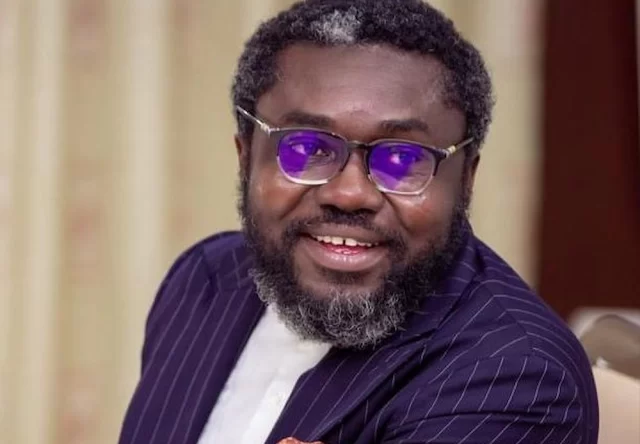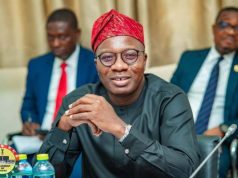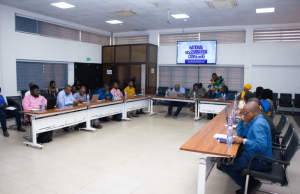Ghanaian youth activist Oliver Barker Vormawor has reignited debate over judicial accountability by arguing that the absence of historical precedent should not shield Chief Justice Gertrude Torkornoo from potential removal if grounds exist.
His remarks follow a social media post in which he drew parallels to the 2018 dismissal of former Electoral Commission (EC) Chairperson Charlotte Osei and her deputies under then-President Nana Akufo-Addo.
“There was no precedent for the removal of an EC boss before we removed one,” Vormawor stated, criticizing what he characterized as asymmetric political restraint. “In our politics, the NPP are like Republicans. Always hoping Democrats will be the restrained ones, while they take a scorched earth approach,” he added, alluding to perceived aggressive tactics by the New Patriotic Party (NPP).
The activist’s comments directly counter claims by Kennedy Osei Nyarko, MP for Akyem Swedru, who recently warned that removing the Chief Justice would destabilize the judiciary. Osei Nyarko asserted that past attempts to oust chief justices had failed and urged resistance to current efforts, stating, “The Judiciary must know that any attempts by anyone to remove the Chief Justice is an attack on the judiciary… we should not allow the current attempts to succeed.”
Vormawor’s stance underscores deepening tensions over institutional independence and executive authority in Ghana’s governance. While he did not specify alleged grounds for Torkornoo’s removal, his argument hinges on procedural consistency: if Osei’s dismissal without prior precedent was permissible, similar logic could apply to judicial figures. Critics, however, caution against conflating the roles of electoral administrators and judiciary leaders, noting constitutional distinctions in their appointment and removal processes.
The exchange reflects broader anxieties about the politicization of Ghana’s independent institutions. Legal scholars emphasize that constitutional provisions for removing judges including the Chief Justice require parliamentary approval based on misconduct or incapacity, a higher threshold than that for EC officials. Meanwhile, the NPP government has historically defended its dismissal of Osei, citing procurement irregularities and abuse of office, though opponents labeled it politically motivated.
As discourse intensifies, the central question remains whether Ghana’s frameworks for checks and balances can withstand escalating partisan pressures. With judicial integrity pivotal to public trust, how the state navigates these tensions may set consequential precedents regardless of past ones.
Send your news stories to newsghana101@gmail.com
Follow News Ghana on Google News














